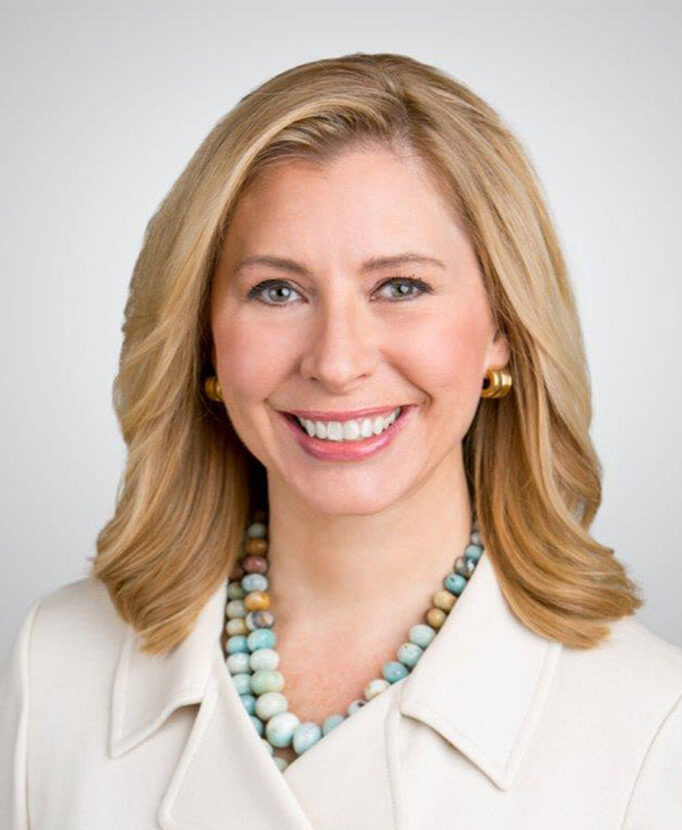Exclusive
Managing Risk in an Unsettled World
Economic and Financial Markets Expert, Rebecca Patterson shares her insights on navigating the investment landscape at a time of extreme geopolitical uncertainty.

While the world is always uncertain, the last few years have felt more unsettled than normal. Just in three years, we have faced a global pandemic, simmering tensions between the US and China that could potentially tip a “cold” into a “hot” war, Russia’s invasion of Ukraine, and military conflict in the Middle East. We have seen critical commodities and financial markets weaponized, and more countries opting for “opportunistic alliances” depending on the issue at hand.
There is no easy way to navigate this as an investor or business leader. However, there are some implications from this uncertain world that are increasingly likely, and there are steps one can take to stay on top of these risks rather than react after the fact.
First, we know that higher commodity prices – driven by key producers restricting supplies to achieve geostrategic aims – creates a stagflationary impulse. A Federal Reserve study published last summer tried to quantify the significance from the war in Ukraine: global GDP growth cut by about 1.5% and global inflation higher by about 1.3% (versus a peaceful scenario). Such an outcome, the Fed reasoned, would be driven largely by lower consumer sentiment, higher commodity prices, and tighter financial conditions.
The Fed’s analysis likely understates the degree of stagflationary pressure that is underway, in at least two ways. First, the study didn’t include efforts by countries to ensure domestic energy security. Building supplies of critical commodities such as energy reduces the odds of getting the lowest cost good, while spending capital to build in redundancy. The study also didn’t consider the possible fiscal cost incurred by losing the “peace dividend.” A number of countries today are increasing defense spending – holding the rest of a budget steady means less capital going to priorities that might generate greater economic activity.
Overall, we face potentially slower growth and either higher longer-term inflation or higher interest rates, the latter partly as central banks tighten policy even more to keep inflation at targets.
Beyond planning for that macro environment, there are steps one can take to plan for a world with greater uncertainty and geopolitical risk.
First, be aware of where the potential risks are. There are a growing number of firms that create credible geopolitical risk trackers. While they can’t forecast each event, they can help show where and why risks evolve over time. That analysis can be used to stress test a business or portfolio to see where exposures might need reducing or hedging.
During such planning, it is critical to include possible second- and third-order implications. Consider Ukraine as an example. The war impacted not just energy supplies for Europe, but also key grain supplies that Ukraine provided for the World Food Program. Further suffering in the Program’s recipient countries such as Yemen and Afghanistan increases the risk of social unrest and migration from these countries, in turn adding to political and fiscal strains on respective governments that receive these immigrants.
Beyond monitoring and thinking through scenarios, ensuring sufficient diversification across business lines, countries and asset classes where appropriate is warranted. Finally, preparing key stakeholders for bouts of volatility that are likely in the years ahead and sharing some of the precautionary analysis being conducted helps reinforce trust and can manage the amount of communication needed when a crisis actually unfolds.
Events aren’t easy, but working with WSB is. WSB works with thousands of respected influencers, thought leaders, and speakers each year and our experienced sales team is committed to the success of your event. For more economy speaker ideas, please contact us.
